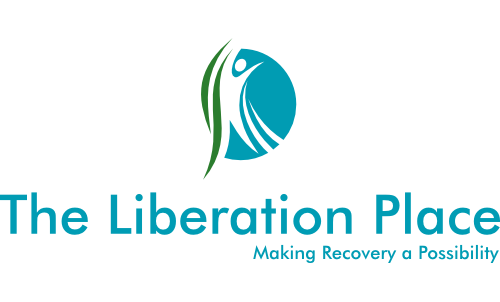The Schema of Dependence
When the schema of Dependence is activated in our system, life itself seems overwhelming. We constantly feel like we can’t cope with the things that happen to us on a daily basis. We believe that we’re incapable of taking care of ourselves in the world, and therefore, we have to turn to other people for help, over and over again. There’s a subconscious feeling that it’s only with this help that we can survive. At the core of the experience of Dependence, there’s also a sense that it's a constant struggle to fulfill the normal responsibilities of adult living, because we simply don’t have what it takes to get things done. An image that captures the essence of the Schema of Dependence is one of a small child who feels that suddenly the world is too much to handle and starts to cry for the help of their parents.
It’s this feeling of being a small child in a world of adults, without an adult to take care of us, that causes us to feel like we are completely lost in the world without the support of others. This story tends to originate either in parents who are overprotective, or parents who are under protective. Overprotective parents keep their children dependent by reinforcing dependent behaviors and discouraging independent behaviors. Under protective parents failed to take care of their children and from a very early age their children feel as though they are on their own in a world in which they have to function beyond their years. It’s important to point out that this schema can be conceived by what’s happening in the actuality of the environment, or by the perception of the vulnerable child at the time of its inception.
“For years I bounced from one relationship to another, living in fear of being on my own, and staying in relationships that were definitely not healthy because I couldn’t do it alone.”
~Steven Morris RP.
The schema of Dependence is one that many people can relate to, and some are not aware of, as a dominant story in their system. For me, it presented in a variety of different ways, and it usually left me with a general sense that I couldn’t cope with life, trust my own decisions, or take action of any kind in difficult times without someone else helping me, or being there to bail me out when the shit hit the fan. As it is with all schemas, I wasn’t walking around with this story consistently in my system, but when it was active, I found myself regularly dealing with thoughts of incompetence. My Internal Critics were constantly pointing out how “This is too much for me to handle” or “I’m going to fall apart with all this responsibility” which left me in a state of fear that was completely debilitating. My dominant coping mechanisms for this fear, my solution to the emotional problem that was created by the Schema of Dependence, was either experiential avoidance or substance use.
Making simple decisions about things I needed to do got harder and harder, and I regularly found myself giving in to the wants of others, doing things the way other people told me I was supposed to do them, because I couldn’t handle the possibility of shame if I did things my way and it all went wrong. Unfortunately, for me, this normally left me holding on to a sense of resentment for others, blaming them for the decisions I made, which I’m sure you can imagine is a really effective place to be in your life! It left me with a system that was filled with anger, fueled by fear and anxiety. Over the years, I made numerous attempts at recovery, and I found my system pushing back against this story of dependence. I was desperate for the support of others, someone to just tell me what to do when I was struggling. At the same time pushing back with anger when someone tried to help me, filled with resentment for them treating me like a child.
This is often, one side of the dynamic in which a codependent relationship exists. One party desperately wanting to fix, while getting angry because they’re always fixing other people. The other party always wanting to be fixed, while at the same time, getting angry at being treated like a child who needs to be fixed in the first place. My way of coping with the fear that was connected to these stories was to take on my journey alone, not reaching out for support, telling others how great I was doing and offering advice that would provide me with the validation I was looking for, but always lead to self destruction. Taking steps towards achieving independence and autonomy was key to my debunking this debilitating story and working towards the Life I wanted to Live.
Schema of Dependence Worksheet
Follow us on Social Media





